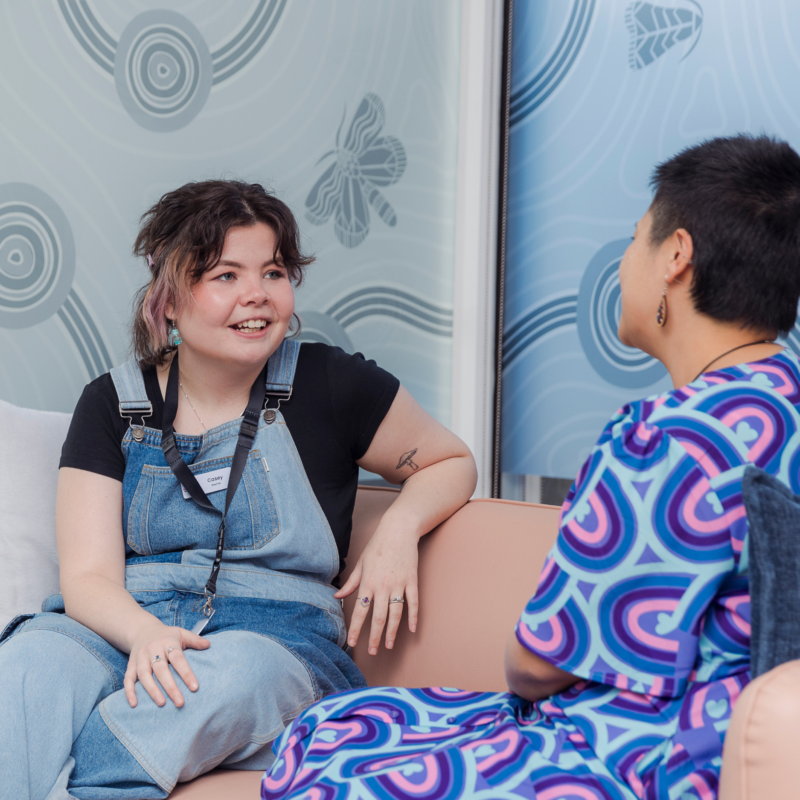Neami Western Sydney

Location info
Share location info:
About this service
Neami Western Sydney provides individual recovery support for people experiencing mental health challenges in the Western Sydney area.
We support people in their recovery while also helping them to strengthen their connections to the community and support networks.
On this page
About Neami Western Sydney
What to expect
Housing and Accommodation Support Initiative (HASI)
The Housing and Accommodation Support Initiative (HASI) is a NSW Health program supporting people living in the community or leaving hospital with a mental health diagnosis.
HASI is for people experiencing significant difficulties managing their day-to-day life and provides:
- practical support in the home
- support to access appropriate health care
- assistance with community-based tasks like accessing public transport and shopping
- personal development and support for wellbeing and mental health challenges.
Bridging and transition support
Together with the NSW government, we can support people who are being admitted to or are leaving hospital or a care unit.
We help people to put together a plan to successfully transition back into the community and avoid a relapse.
Group programs
Our group programs support people to develop knowledge, skills and resources that are consistent with their personal goals and values. Neami Western Sydney offers the group programs Flourish and Active8.
This service if free for participants.
Programs at this service
How to access this service
Call us
You can call our service during opening hours. Your call with our staff will be confidential.
